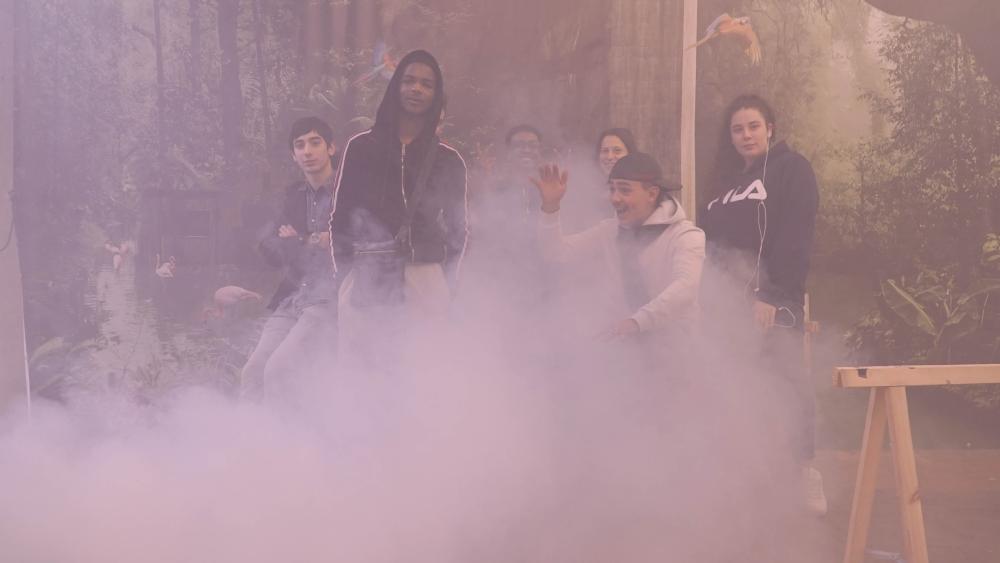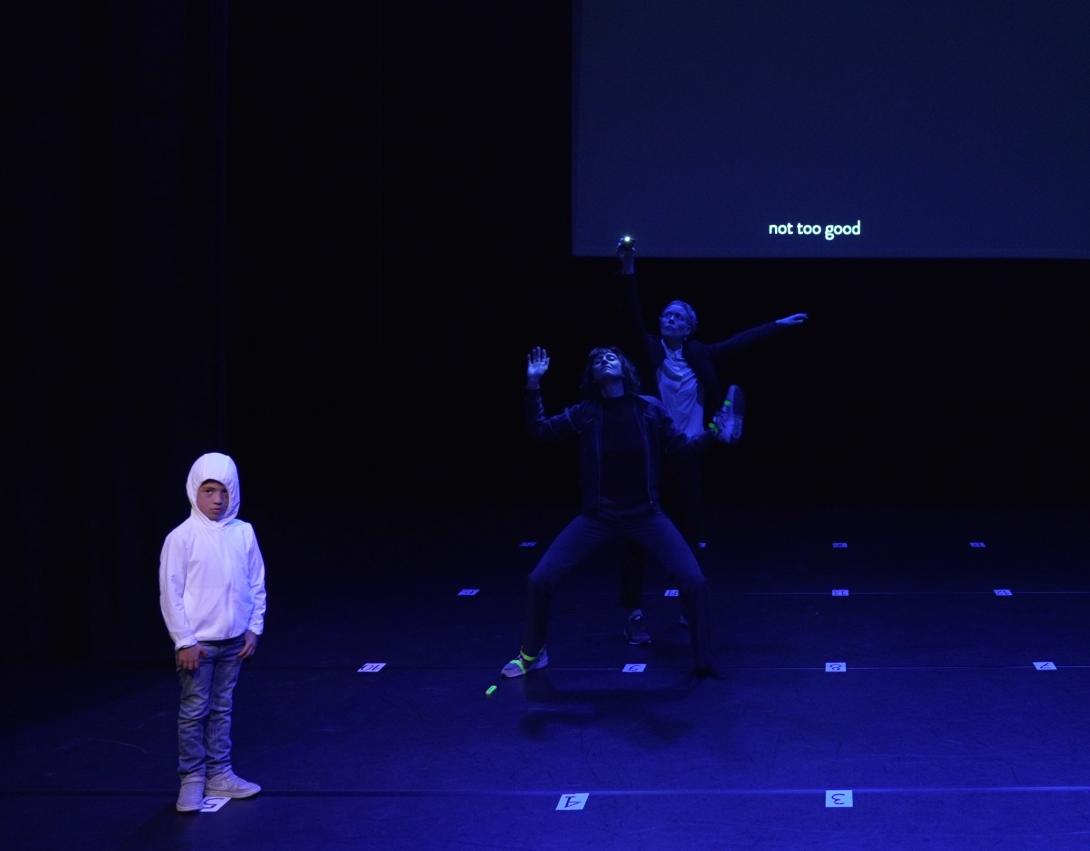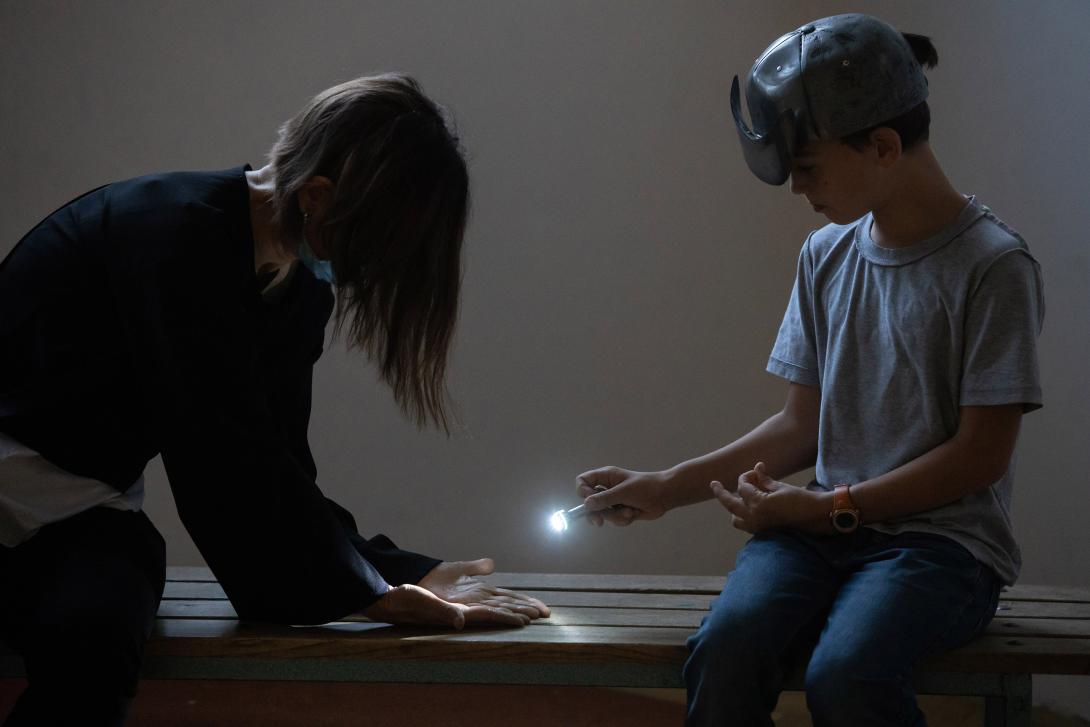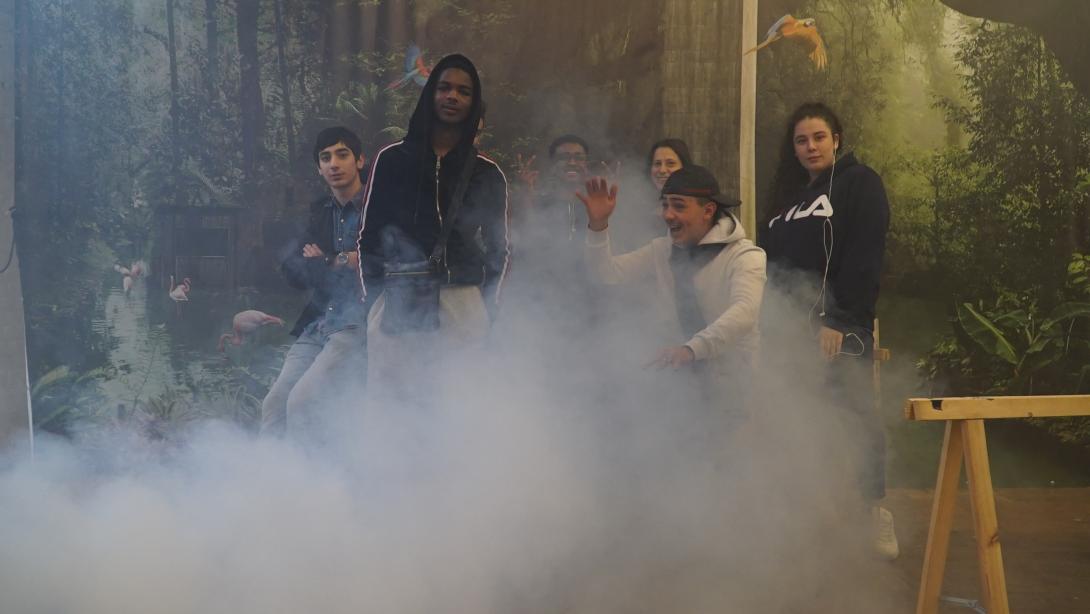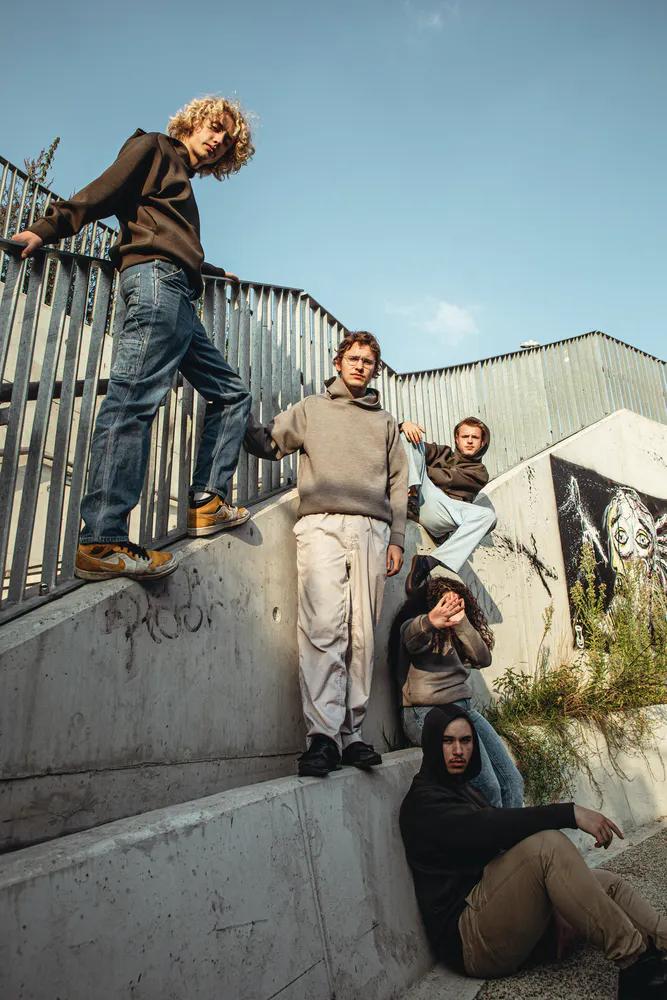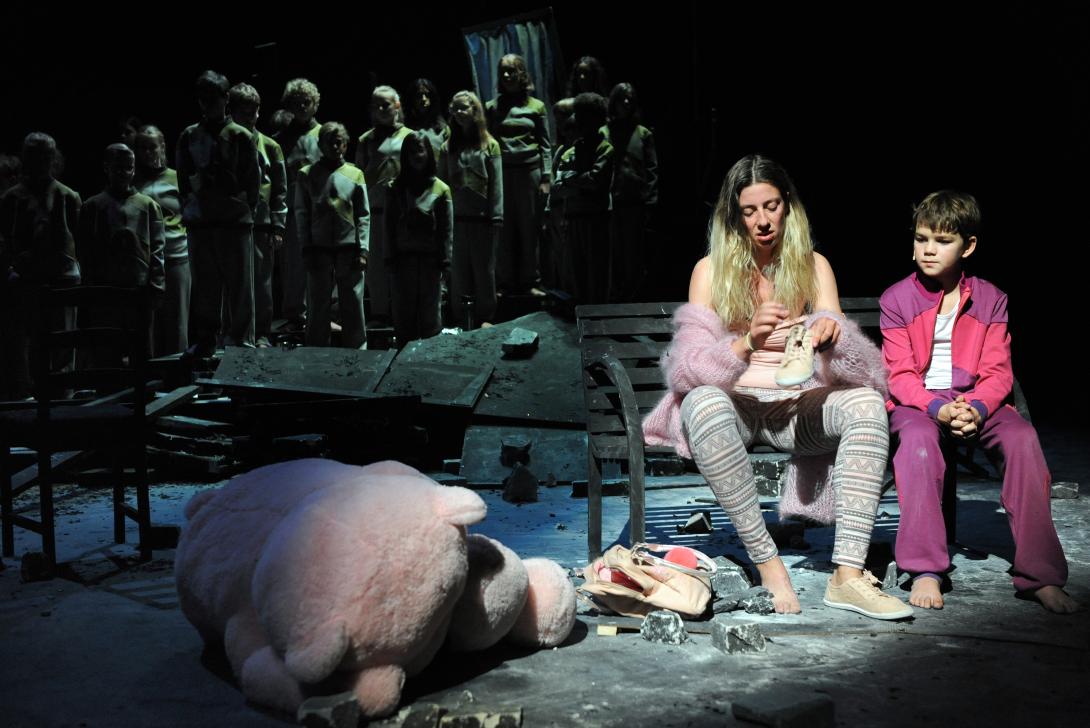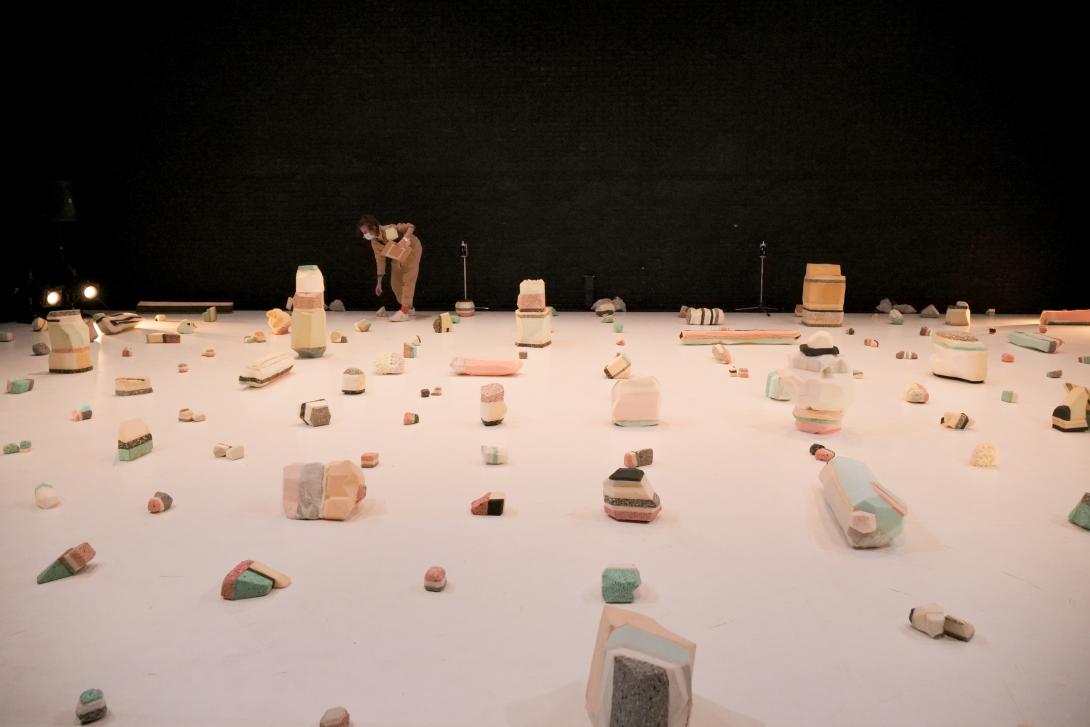WE HEAR YOU(TH)
In William Golding’s well-known book Lord of The Flies from 1954, the reader witnesses a band of teenage boys stranded on a paradisiac island. The story describes the slow disintegration of the group, from civilization to savagery, torturing and killing each other. According to Wikipedia, the story functions as a metaphor for our “conflicting impulses towards civilisation and social organisation”. But we could also say the book works as an image, a warning to the grownups: do not let children take the lead. Or we would all go back to an unorganised “primitive” stage, to chaos and death.
The book was a success, as were the two film-adaptations. Probably because there is a comforting feeling coming from the reassessment of an already existing order: adults decide on behalf of children and this is for their best. But the success may also come from an old fascination, an awakening of ancient fears and attractions for an another possible world, one that would be made by children anew, freed from the authority of the adults. A society ruled by other laws, fascinating because fundamentally different, unknown and thus, potentially dangerous.
Almost 65 years after the publication of the book, it could be said that the fascination for the potential power of the children is still vivid, but so is the fear that comes with it. Schools and family models have slowly evolved to make the children more autonomous in their development and children often have more to say now than in the past. But do they really have a say in how we live together? Is their voice heard by those with whom they share the world?
Over the past few years, a whole generation has been following Greta Thunberg quitting school and raising her voice for a better future. Millions of youngsters have taken the streets to demand climate urgency and yet with no real political impact. Why? Is it because, even though the position of the children has evolved in our society, we are still seeing them as unable to make serious proposals, organise and decide? Or is it because we still believe that, as in Lord of the Flies, a world led by children would surely take us down to savagery and chaos?
In an article published by The Guardian in May 2020, Rutger Bregman tells us how a group of boys really were stranded on an island in the pacific ocean in the 60’s. But what adults found 15 months later had nothing to do with the perverse fantasy described by Golding. No-one had been tortured. Instead, “the boys had set up a small commune with a food garden, hollowed-out tree trunks to store rainwater, (…) and a permanent fire, all from handiwork, an old knife blade and much determination.” They even managed to heal a broken leg, in the middle of the jungle, by themselves.
If the world of today is as deeply dysfunctioning as we know it is, is not it time to change narrative? In the story we should all know about – the true one, not the one invented in the 50’s by an author – children do not create nightmarish societies. What they do is invent a world based on cooperation and care.
In the frame of our long term commitment around the question How to Be Many?, Kaaitheater is proposing a series of thematic programme lines. In We Hear You(th) children take the word and guide adults through their world towards the future. These projects invite us to listen to the voice of youngsters, let go of our fears and surrender to the wisdom of the youth.
This Autumn, we project projects by:
Einat Tuchman - Extended Market
Ant Hampton - Two Adults and a Child
Francesca Grilli - Sparks 2021
Anna Rispoli - Close Encounters
Lara Staal/NTGent - Dissident
Kyoko Scholiers - BOY
Katrien Oosterlinck - Tactile Talk
